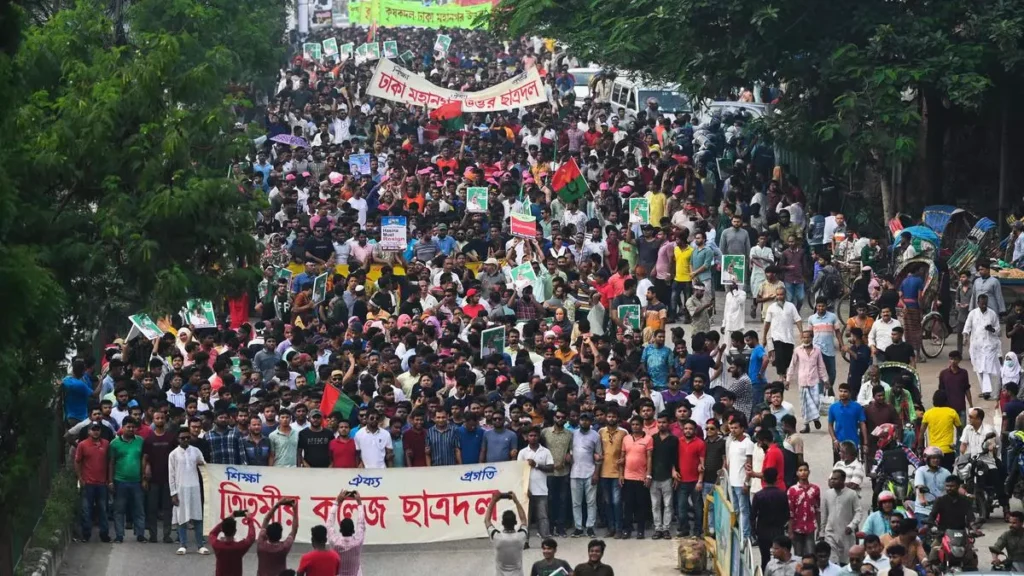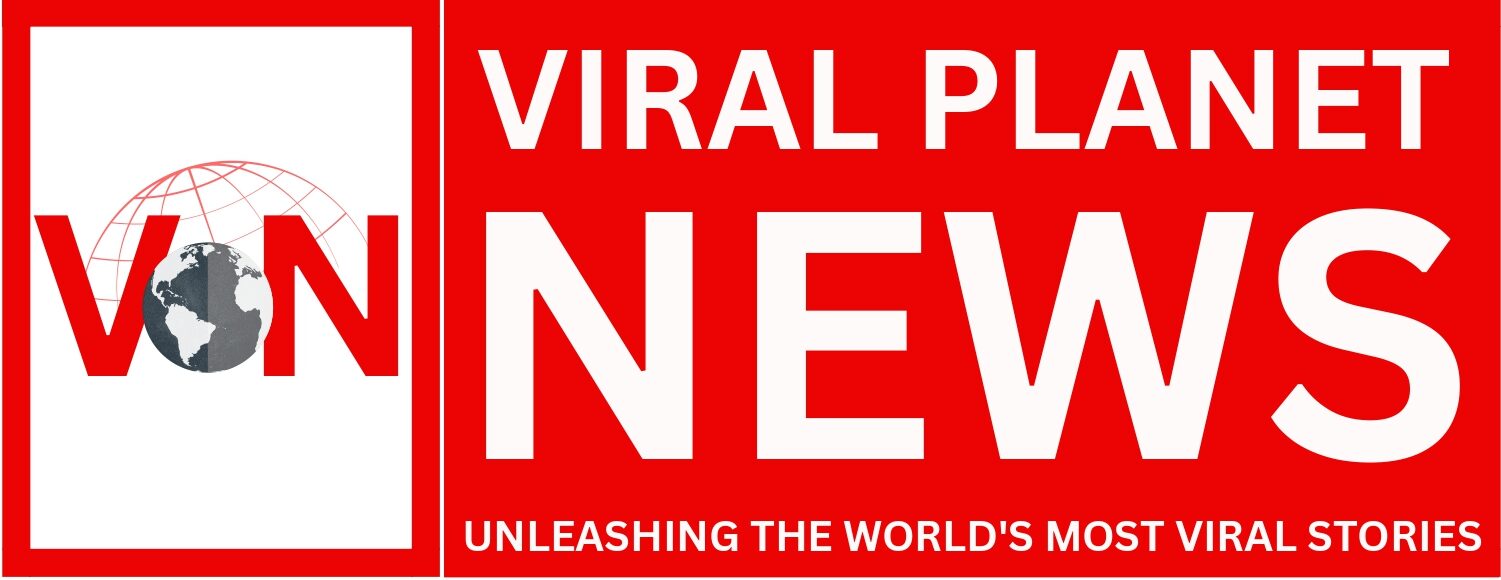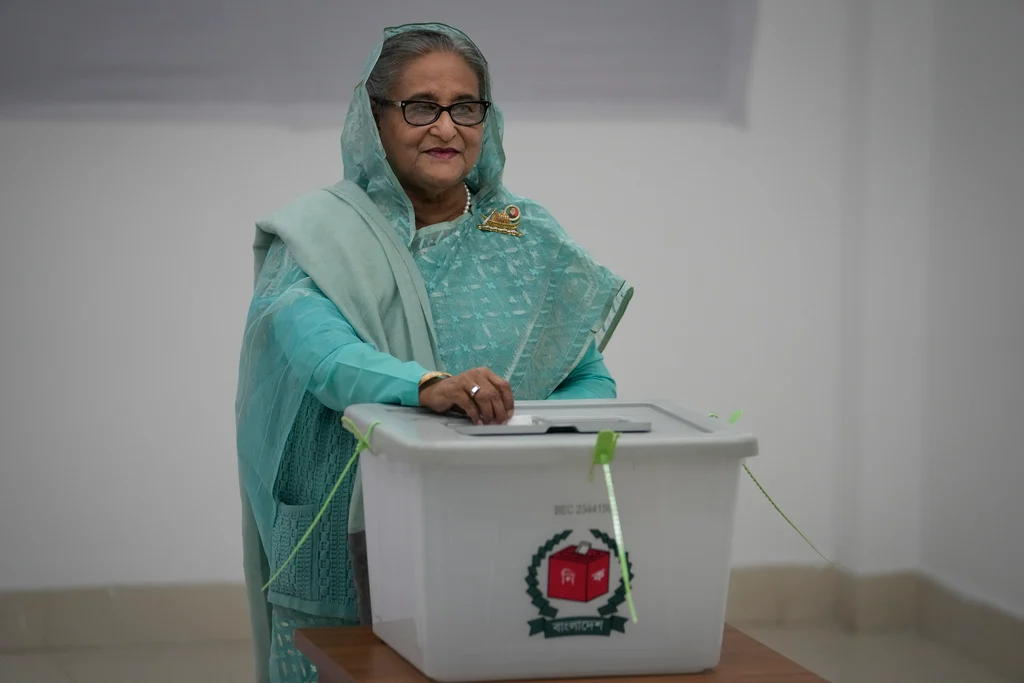By – Shubhendra Singh Rajawat
Bangladesh election: The opposition party led by former Prime Minister Khalida Zia, the BNP, has refused to run in the polls against PM Hasina’s Awami League.
Bangladesh Prime Minister Sheikh Hasina labeled the opposition’s Bangladesh Nationalist Party (BNP), which boycotted the general elections on Sunday, a “terrorist organization,” adding that she was working to keep the country democratic.
“The BNP is a terrorist organization,” she stated shortly after polling opened at 8 a.m. local time on Sunday. Hasina voted at City College in Dhaka, accompanied by her daughter and other family members.
She also emphasized the necessity of democracy in the country’s prosperity.
“Our country is sovereign and self-sufficient…We have a sizable population. We have established the democratic rights of the people…I want to ensure that democracy continues in this country, because without democracy, there can be no growth. Bangladesh made such a significant milestone because we are a long-term democratic system from 2009 to 2023,” Hasina was reported as saying by the news agency ANI.

“Bangladesh is a sovereign country, and the people are my power,” Hasina said, adding that she hoped her party would win the people’s mandate, giving it a fifth term.
The BNP, the opposition party led by former Prime Minister Khalida Zia, has declined to run in the polls against Hasina’s Awami League, claiming that they will be neither free nor fair. It also called for a 48-hour nationwide strike on Saturday to demand Hasina’s “illegal government” to quit and urged people not to vote in what they called a “sham” election.
In the absence of the main opposition in the 12th general assembly election, Hasina is likely to win a fourth consecutive term and a fifth overall.
According to the country’s Election Commission, 119.6 million registered voters are eligible to vote at over 42,000 polling stations on Sunday.
Voting is taking place in 299 of the 300 seats. Because a candidate died in one of the centers, the election will be held later. The election features almost 1,500 candidates from 27 political parties, as well as 436 independent candidates.
Women account for about half of the nearly 120 million eligible voters, with approximately 15 million being first-time voters.

